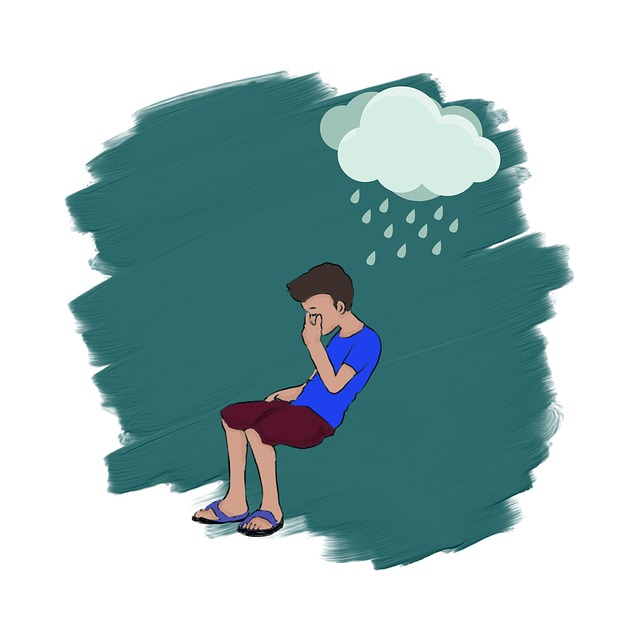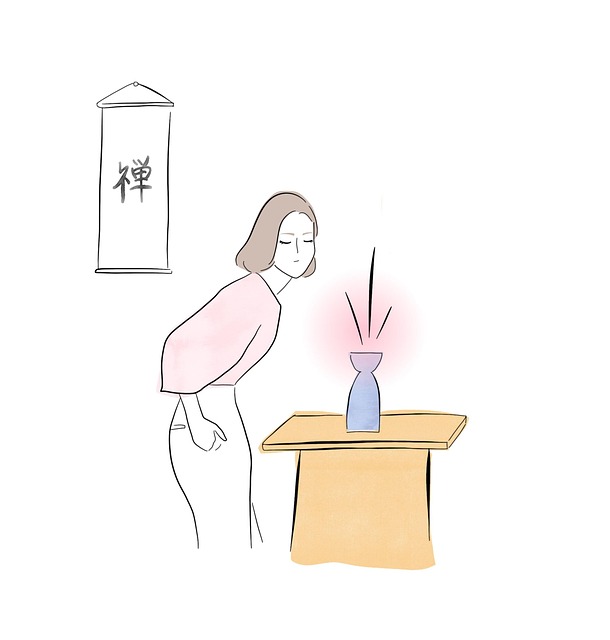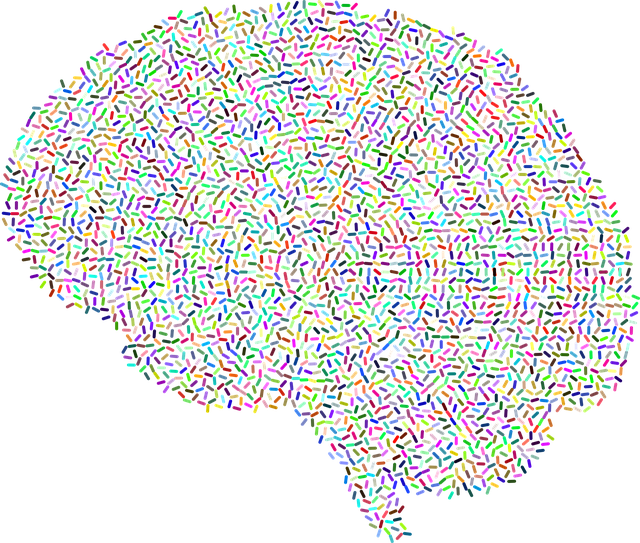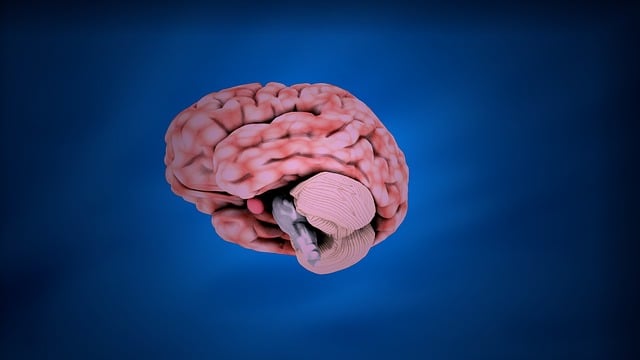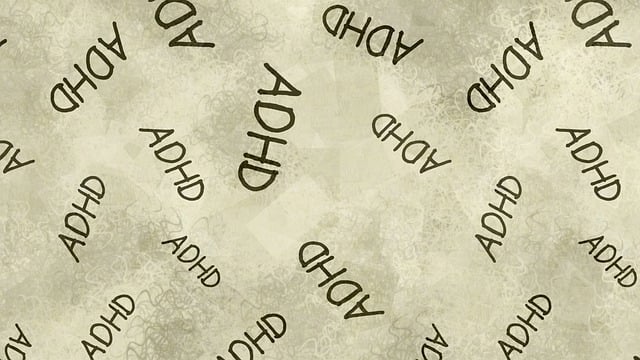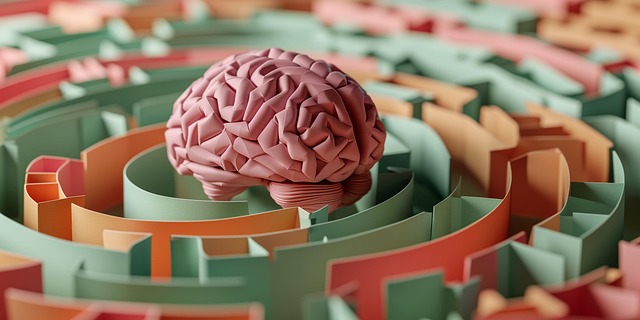Mental wellness groups, facilitated by therapists with expertise in Centennial Functional Neurological Disorder Therapy (CFNDT), provide a supportive environment for individuals to share experiences and learn from one another. Through exercises like self-awareness practices, these groups enhance emotional intelligence, self-awareness, and empathy. Facilitators play a crucial role in creating a safe space, actively listening and engaging with participants while managing open dialogue. Group dynamics encourage active participation, fostering positive interactions and breaking down stigma around mental health challenges. Strategies like interactive activities and mindfulness demonstrations contribute to individual recovery and build a supportive community prioritizing mental wellness.
Mental wellness group facilitation is an art that empowers individuals through collective support. In this article, we explore effective techniques for leading such groups, focusing on creating safe spaces and fostering engagement. We delve into the role of facilitators, highlighting essential skills and responsibilities, and examine group dynamics to ensure every member feels valued. Furthermore, we present unique insights from the Centennial Functional Neurological Disorder Therapy perspective, offering strategies to enhance session leadership and create a nurturing environment for mental health growth.
- Understanding Mental Wellness Groups: Creating a Safe Space
- The Role of a Facilitator: Skills and Responsibilities
- Group Dynamics: Promoting Engagement and Support
- Techniques for Effective Session Leadership: Centennial Functional Neurological Disorder Therapy Perspective
Understanding Mental Wellness Groups: Creating a Safe Space

Mental wellness groups provide a unique and powerful environment for individuals to come together and support one another. These groups are designed to create a safe, non-judgmental space where members can openly discuss their experiences, challenges, and victories related to various mental health topics. The concept of a “safe space” is pivotal in fostering trust and encouraging vulnerability among participants. This environment allows individuals to connect on a deeper level, often leading to enhanced self-awareness and empathy.
In facilitating such groups, therapists play a crucial role in establishing guidelines that promote respectful communication. Techniques like self-awareness exercises can help members recognize their thoughts and emotions without criticism. Additionally, encouraging open dialogue and teaching effective communication strategies enables group members to build emotional intelligence—a skill vital for navigating interpersonal relationships and managing mental health challenges, especially those with conditions such as Centennial Functional Neurological Disorder Therapy (CFNDT).
The Role of a Facilitator: Skills and Responsibilities

The role of a mental wellness group facilitator goes beyond merely organizing sessions; they are the orchestrators of a therapeutic environment designed to foster connection and growth among participants. These facilitators, often healthcare providers with specialized training in Centennial Functional Neurological Disorder Therapy or similar areas, play a pivotal role in creating a safe space for individuals to navigate their mental health journeys collectively.
Effective facilitation involves a blend of skills, including active listening, empathetic engagement, and the ability to facilitate open dialogue. Responsibilities range from ensuring every voice is heard, managing group dynamics, and adapting content to suit diverse needs, especially when addressing complex topics like trauma or building resilience. Facilitators must demonstrate cultural competency, understanding the unique backgrounds and experiences of each participant, thereby enhancing the inclusivity and effectiveness of Trauma Support Services within the group setting.
Group Dynamics: Promoting Engagement and Support

In a supportive environment, group facilitation plays a pivotal role in enhancing mental wellness, particularly for those managing conditions like Centennial Functional Neurological Disorder (CFND). Encouraging active participation and fostering positive interactions among peers can significantly boost engagement and motivation. Group dynamics facilitate the exchange of experiences, where members learn from one another’s strengths and resilience, creating a sense of belonging and camaraderie. This collective atmosphere promotes open dialogue about mental health challenges, breaking down stigma and encouraging honest conversations that are key to effective therapy.
Effective group facilitation techniques focus on inclusive activities and discussions designed to cultivate positive thinking and build supportive networks. Mentored by professionals in mental health education programs design, these sessions aim to empower participants through shared learning experiences. By integrating public awareness campaigns development strategies, facilitators can help members recognize and validate each other’s struggles, fostering an environment conducive to healing. Such inclusive practices not only enhance individual recovery but also contribute to a broader community that prioritizes mental wellness and offers continuous support.
Techniques for Effective Session Leadership: Centennial Functional Neurological Disorder Therapy Perspective

In facilitating mental wellness groups, especially from the perspective of Centennial Functional Neurological Disorder Therapy (CFNDT), leaders should adopt engaging and inclusive techniques to foster a supportive environment. This approach leverages group dynamics for mutual learning and growth. Start by encouraging active participation through open-ended discussions and interactive activities tailored to address various aspects of mental health, such as stress management and conflict resolution techniques. CFNDT emphasizes the interconnectedness of neurological, psychological, and social factors, making it crucial to incorporate self-care practices into group sessions.
Leaders should model mindfulness and emotional regulation, demonstrating effective coping strategies that members can adopt. By creating a safe space where individuals feel heard and validated, facilitators enable participants to explore their experiences openly. This promotes personal insights and the development of tailored solutions for managing mental health challenges. Incorporating self-care practices within the group setting not only enhances overall well-being but also strengthens the therapeutic bond among members.
Mental wellness group facilitation is a powerful tool for fostering support and understanding among individuals facing similar challenges. By implementing techniques like those outlined in this article, including the unique perspective of Centennial Functional Neurological Disorder Therapy, facilitators can create an engaging and safe environment. This, in turn, empowers participants to navigate their mental health journeys with enhanced resilience and improved coping strategies. Through group dynamics and effective session leadership, facilitators play a crucial role in revolutionizing mental wellness support networks.

